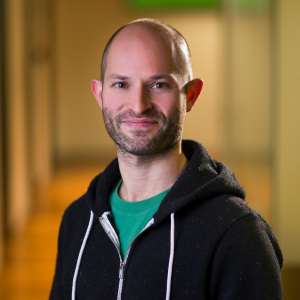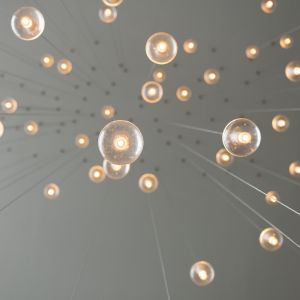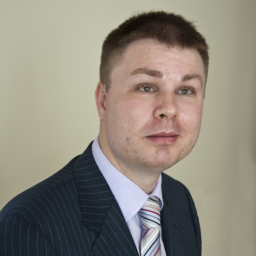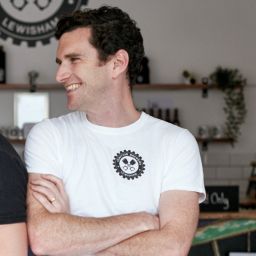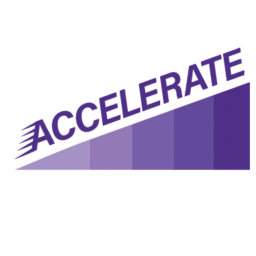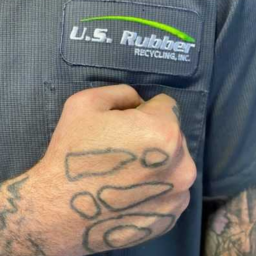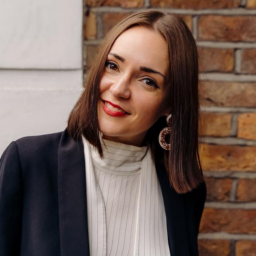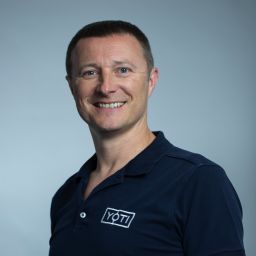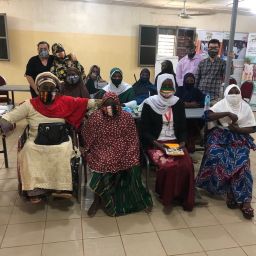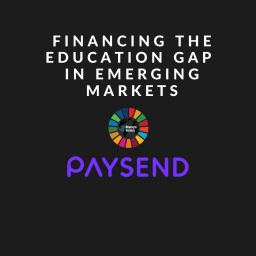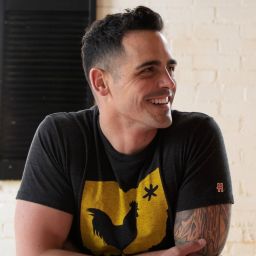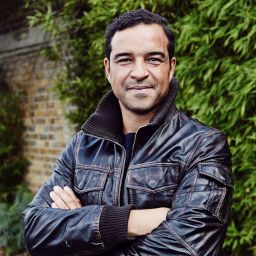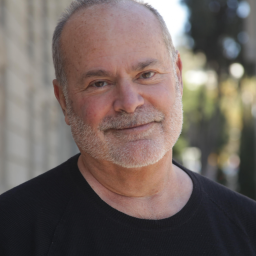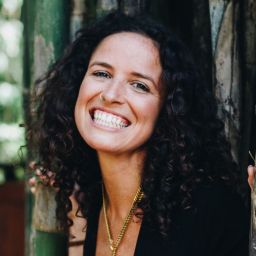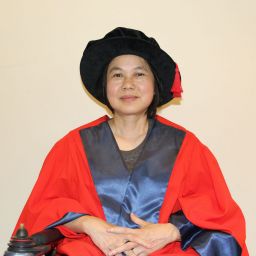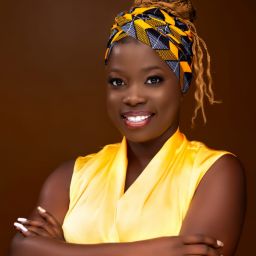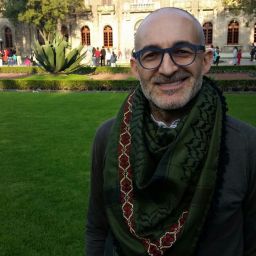Meaningful Business (MB:) Tell us about Parallel and the challenges and barriers faced by disabled people that inspired you to set it up
Andrew Douglass (AD:) Parallel is a social enterprise with a mission to ‘support the D/deaf, disabled and neurodivergent community to be free to live life to the full in mainstream society. We aim to achieve this through an attitude of ‘No Limits Living.’
Disabled people face daily societal barriers accessing health, education, transportation, information, and work services. Furthermore, attitudes towards disabled people are also shaped by negative stereotypes in belief systems, literature, film, and TV; fuelling fear, ignorance, mistrust and in many instances, hate.
Putting this into numbers, there are one billion disabled people in the world, which means that 20% of the world’s population is mostly excluded from mainstream society. If we do not think we should worry about that, 80% of disabilities are actually acquired between the ages of 18 and 64. If we then look at our children, 240 million have a disability – that is 1 child out of 10! Disabled children are also 49% more likely to have never attended school compared with children without disabilities.
I believe building a more inclusive and equitable world will have a positive impact on millions of peoples’ lives, benefit our economies and further enrich our society.
MB: What are the opportunities for disabled people that Parallel has created? Are there any stories you can share?
AD: Our focus has been to level up opportunities at our flagship event. We enable beneficiaries of charity to become benefactors. So often, disabled people or families do not have the opportunity to take part in fundraising for the charities that support them. If they are allowed to do so, it is so powerful. We have so many uplifting stories of disabled people raising money for their communities, which creates purpose and a sense of belonging.
We also have a policy to work with disabled-owned businesses at our event. This gives these organisations invaluable experience to work on a major event and gain experience, which leads to further opportunities within the event industry.
Our #PurpleSockCampaign is generating support for disabled entrepreneurs, providing financial support, in addition to mentoring, advice and networking events. This will enable more disabled-owned businesses to succeed. If we can achieve this, then the simple logic is that successful disabled-owned businesses are also more likely to employ disabled people. This can also help tackle the disability employment gap.
MB: As a result of COVID-19 you took Parallel online. How was this received and what have the advantages and disadvantages been?
AD: Having had to cancel our flagship event, Parallel Windsor, in 2020 due to Covid-19, we were really pleased to be able to stage Parallel Windsor Virtual earlier this year. The decision was well-received as many of our Parallel community were still shielding. Furthermore, given that over 50% of our audience has a disability, many with complex needs and life-limiting illnesses, it was also the responsible thing to do.
The advantages meant that many people could participate in our event in the safety of their own environments, without facing the barriers of travel and cost of travel. Being virtual also gave us greater outreach across various parts of the UK, other parts of the world and the ability to create content that could also be accessed on-demand. The biggest disadvantage, which cannot be replicated virtually, is the magic of in-person social interaction and the spontaneity of live experience.
MB: This year you have also launched Purple Sock Day. Tell us more about that and the idea behind it
AD: For a number of years, I have had my eye on The International Day of Persons with Disabilities (IDPD). It is one of the many global observance days created by the UN. From a UK perspective, it has been getting some traction in the corporate sector. However, I just thought we could be doing something that was far more fun and engaging, which could also involve the public and create some meaningful social impact. I also really wanted to try and tackle the employment gap for disability; more specifically the limited support for D/deaf, disabled and neurodivergent entrepreneurs.
To try and get mass engagement, the idea had to be a simple, effortless everyday action for most people, which would not disrupt daily routines. Wearing a pair of socks seemed to tick all the boxes.
However, they could not be any socks – they had to be high quality, affordable for most people and of course, sustainable. I approached my good friends at BAM, who were one of the early pioneers of making activewear from bamboo. They jumped at the chance to be involved and we were able to fix a great price of £5 for each pair.
This in turn enabled me to set aside 50% of the profit from each pair of socks to create a new Fund to support D/deaf, disabled and neurodivergent entrepreneurs. I approached Hatch Enterprise to oversee the fund, who do so much great work to support under-represented founders. Hatch was actually recommended to me through my network at Meaningful Business.
MB: Why are Parallel and Purple Sock Day now more important than ever?
AD: In my view, disability inclusion is one of our biggest global social challenges, ranging from education, health, accessibility, poverty, eugenics and in many instances, basic human rights.
There is far too much focus on the symptomatic problems of disability inclusion, rather than the causes. In our own small way, everything we do at Parallel tries to tackle attitudinal, physical, communication and financial barriers which are at the heart of this inequality of opportunity for 20% of the world’s population.
Why is this important? If, like me, you passionately subscribe to the UN’s central, transformative promise to ‘Leave no one behind,’ then disability inclusion has to be a much bigger priority. When the UN re-sets it’s Global Goals, as we will fail to bring everybody with us by 2030, we need to put our velvet gloves over some iron fists.
MB: What is your vision for Purple Sock Day and Parallel, and what is planned for 2022?
AD: My vision for Parallel is to be a dynamic catalyst to drive positive change for disability inclusion, baked into the model of social enterprise.
My ambition for #PurpleSockDay is to support enterprise and education. My aim in the early years is to create significant funds to support D/deaf, disabled and neurodivergent entrepreneurs and help facilitate more disabled-owned businesses. I then want to create a secondary fund to help D/deaf, disabled, and neurodiverse young people into further education.
For our flagship event, Parallel Windsor, the ambition is for this to become the UK’s national celebration of disability inclusion, which can become a franchise model for other parts of the world. Through the power of live experience, creating innovative, celebratory, fun, and joyful environments, which can help positively change attitudes and behaviours towards disability inclusion.
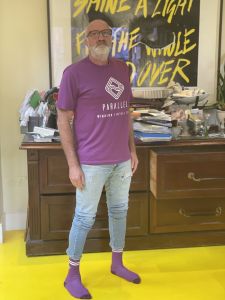
Our flagship event, Parallel Windsor will take place on 26 June 2022, and we will be launching #PurpleSockDay 2022 in Q1. I am also finalising a couple of new initiatives… watch this space!


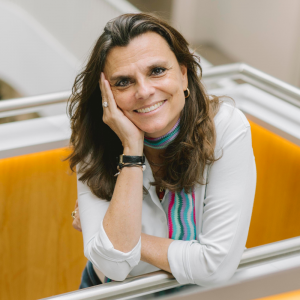
![Introducing Accelerate - Working Together for Disability Inclusion Accelerate_social_tile_1d[4]](https://meaningful.business/wp-content/uploads/2021/03/Accelerate_social_tile_1d4-300x300.png)
